As esports continues its meteoric growth, it’s often easy to forget that it holds a rich history dating back more than 15 years.
Founded in 2003, Complexity Gaming is one of those esports stalwarts that’s lasted longer than a decade. Yesterday, it began to celebrate this long history with coLassic Content, a three-day streaming event that delves into the demo archives amassed by Complexity teams over years of play.
The team’s Twitch channel will feature classic matches from Counter-Strike 1.6, Day of Defeat, and Team Fortress 2 over the next three days, with an effort to foster some discussion around the team or the games in the Twitch channel, a proxy for internet relay chat, which dominated esports communication a decade past.
If its three-day test is successful, the team is ready to “unlock the whole vault” and create a 24/7/365 feed of past Complexity play.
It’s an interesting concept, but also an odd one. Unadulterated video of classic sports matches certainly have an audience, but it’s an incredibly niche one and this is likely no different. One of the most exciting things about a competitive game is watching it live. While it’s great to celebrate the history of matches or to take a peek at how things worked in the past, it’s not necessarily that entertaining. Especially when matches are presented straight from the first person view of a single player, with no commentary or team communication added in.
The viewer experience could definitely use a little work. When I tuned in, it was showing an old Counter-Strike match featuring Andrew “Irukandji” Timmerman, Jeff “hero” Mettetal, Thomas “thomz” Gacia, Derek “dboorn’ Boorn and Ryan “NineSpot” Bell, circa 2009, from the point of view of Garcia. But I only knew that because I remember the team . The match is presented without context. The stream doesn’t display the full lineup of the team playing or the event they’re playing in, context that would make watching classic matches that much more interesting.
But for what it is, it’s pretty cool. So much esports history is lost in the depths of the internet. Recordings from matches and even results of entire tournaments are gone forever. So for a team to make some of that history visible is awesome, even if no one watches it.
But if you do, watch out—there’s a chance you’ll get see yours truly donning the coL tag in Team Fortress 2. Don’t say I didn’t warn you.


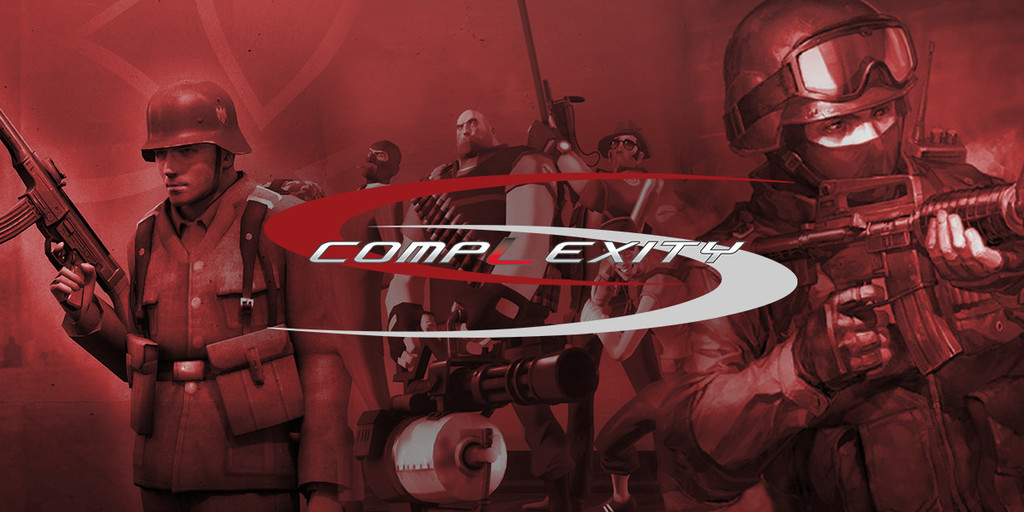
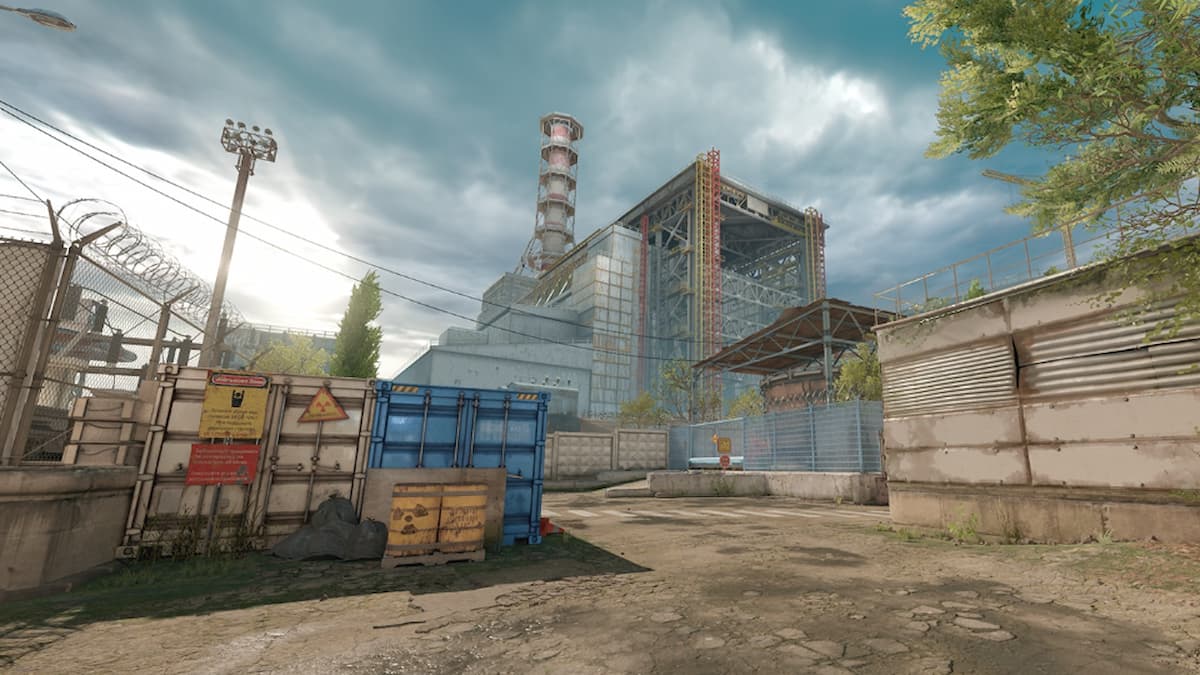
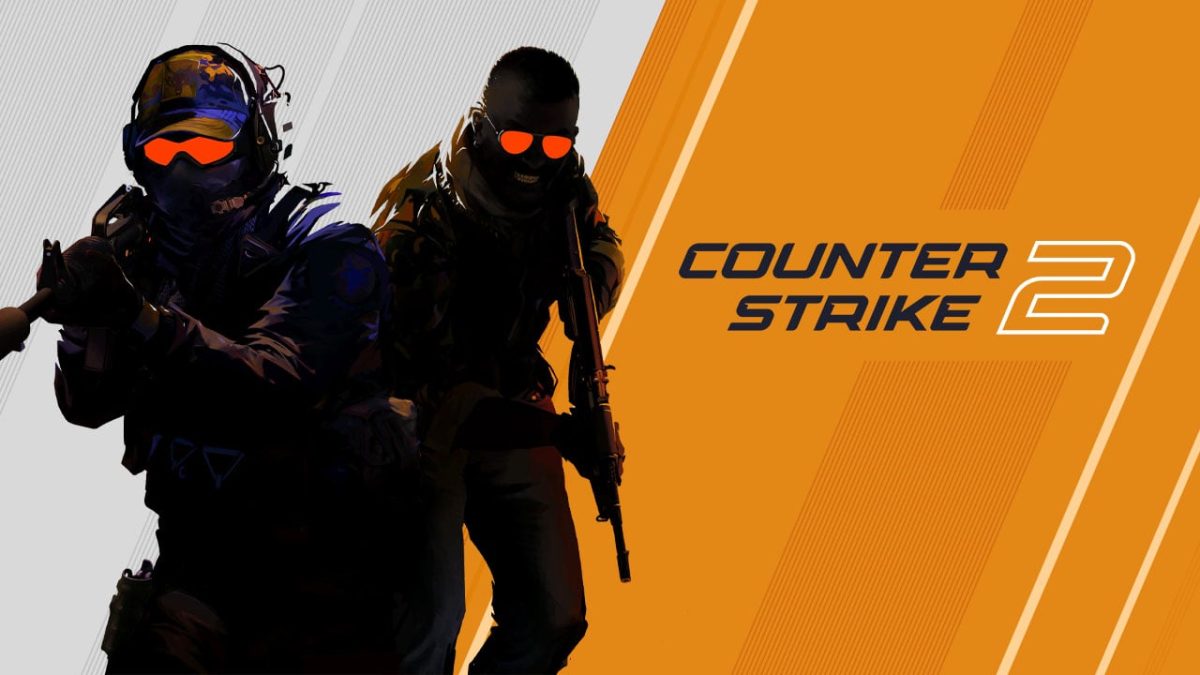
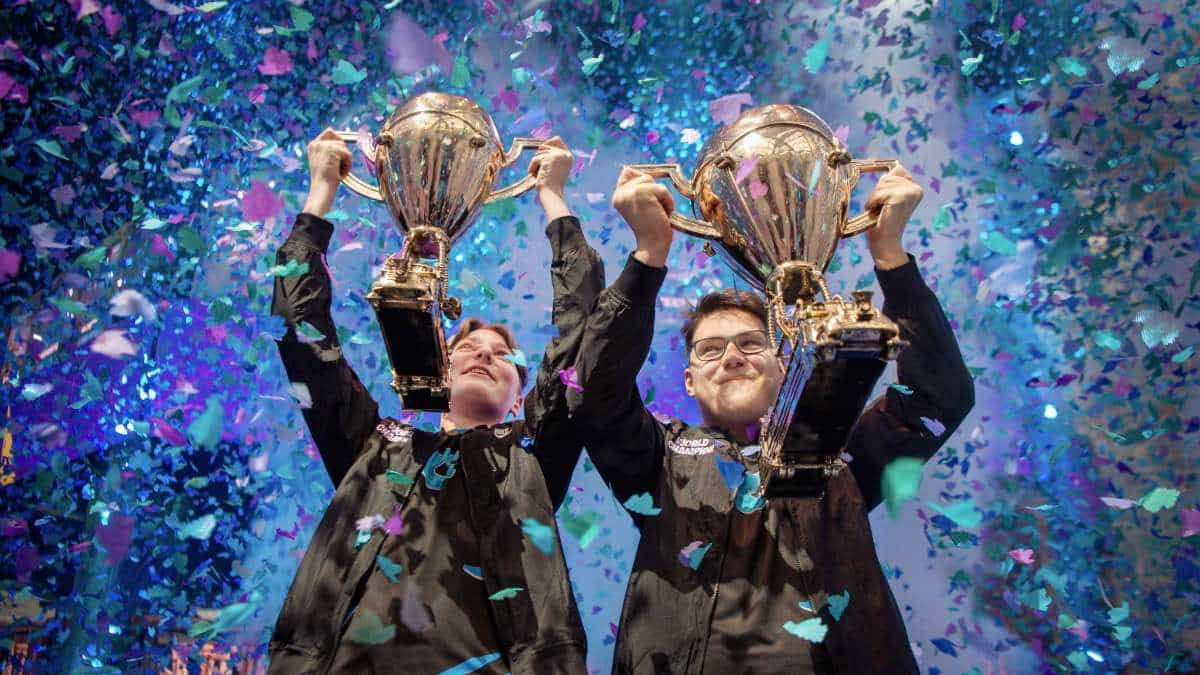

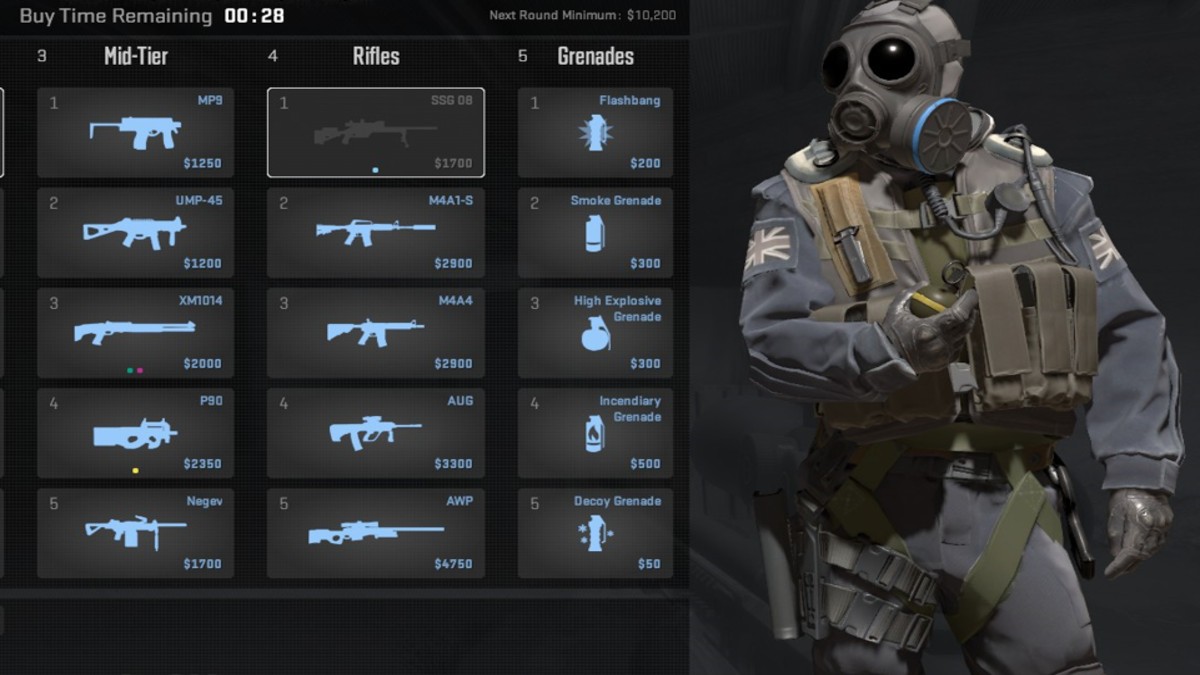
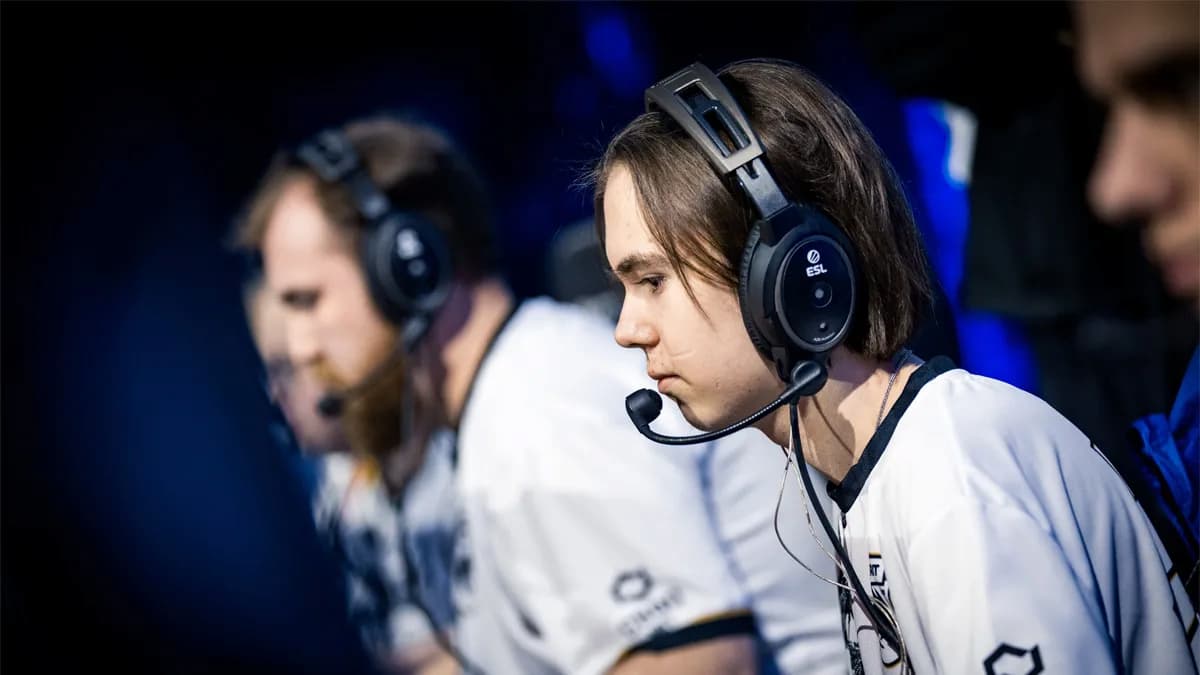
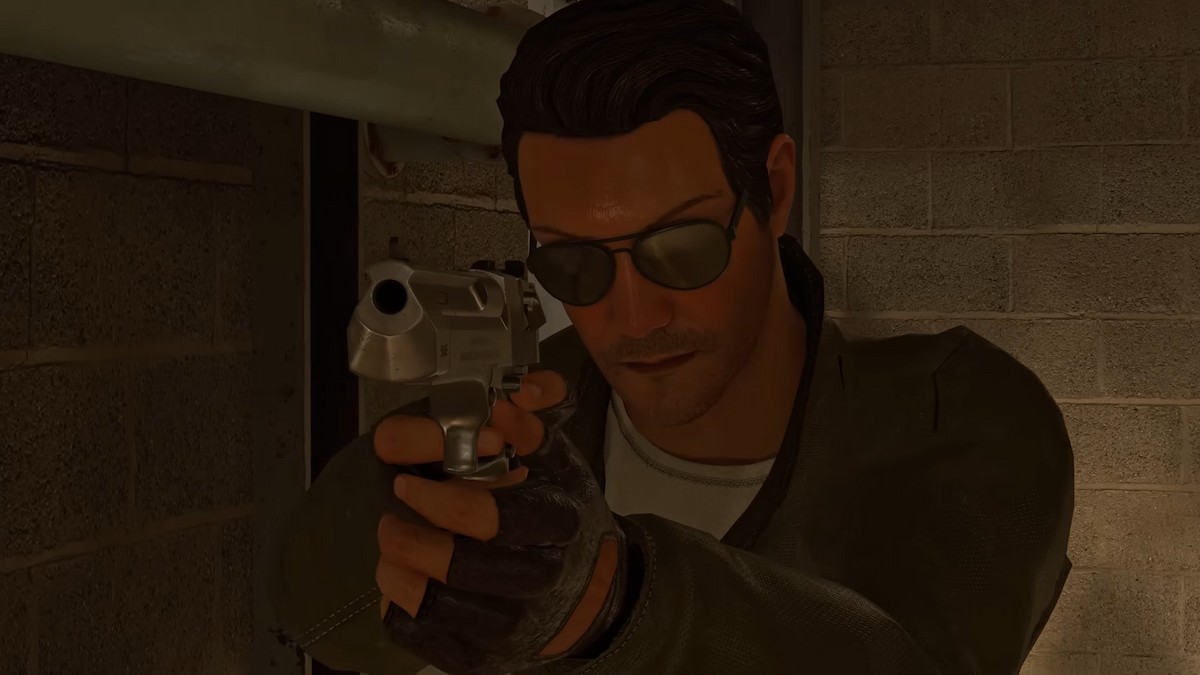
Published: Sep 10, 2015 08:58 am